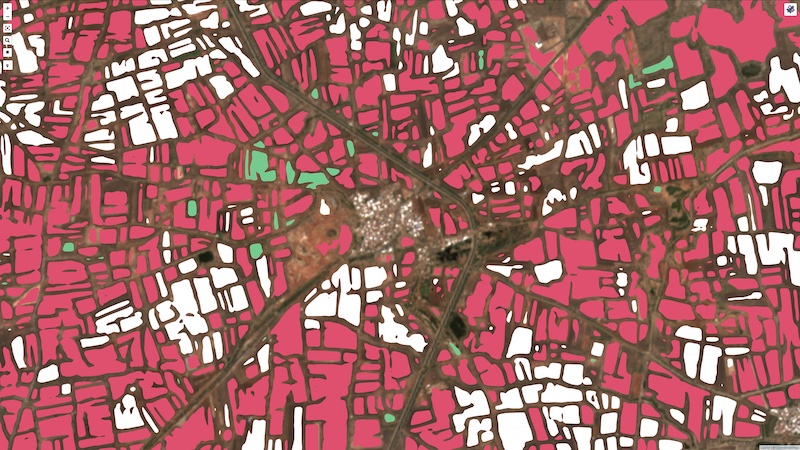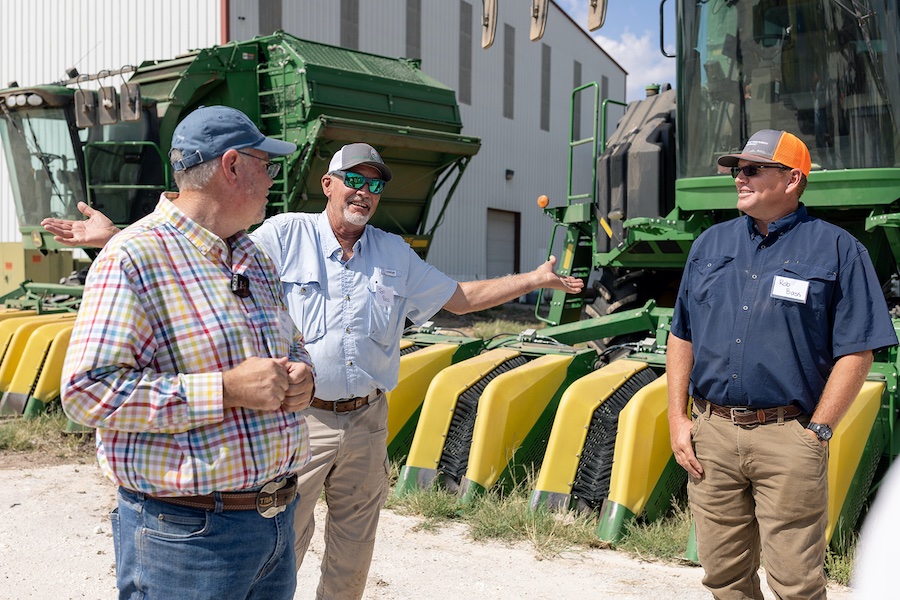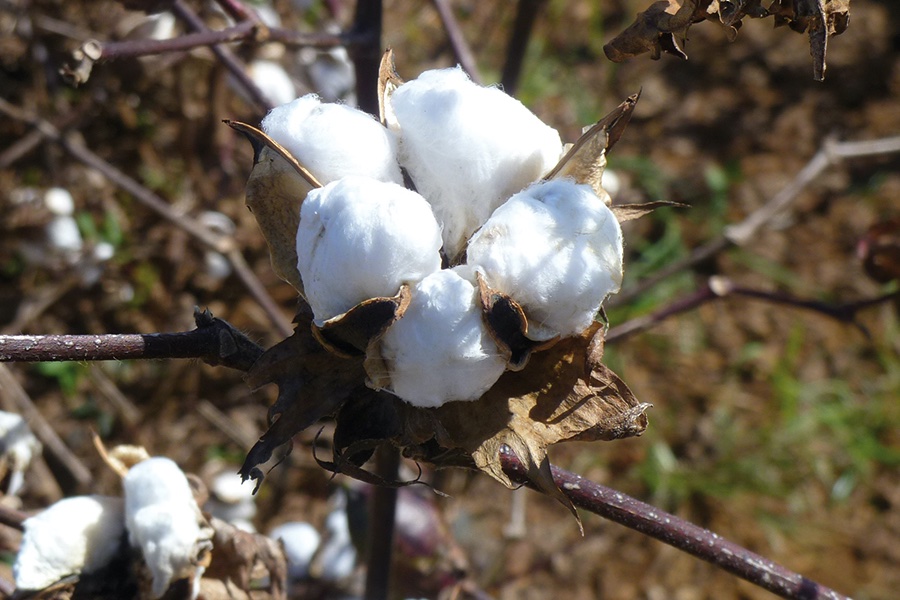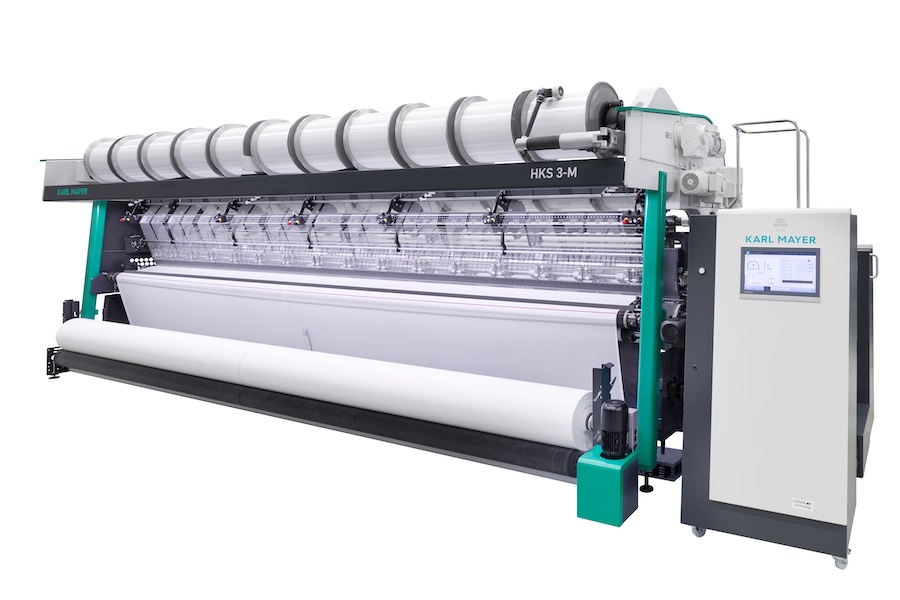#Raw Materials
Groundbreaking AI satellite project by GOTS and Marple Revolutionises organic cotton detection

Global Standard is a trailblazer, solution provider and thought leader in the voluntary sustainability standards space, and the Satellite Cotton Monitoring Project continues this tradition of innovation and creative thinking.
How it Works
Co-financed by Global Standard, the non-profit behind GOTS, and the European Space Agency’s (ESA) Business Applications and Space Solutions (BASS) programme, the project leverages the Cotton Cultivation Remote Assessment (CoCuRA) software developed by Marple.
Field teams visited over 6,000 fields in India, across the states of Gujarat, Haryana, Madhya Pradesh and Maharashtra, collecting data on crops, soil types and cultivation status. This data was then used by Marple to refine the CoCuRA algorithm for cotton specifics in India. Once the algorithm was trained, it was applied to the entire agricultural area of India, covering a staggering 2.7 million square kilometres. Within seconds, CoCuRA detected all organic and conventional cotton fields with remarkable accuracy. A project of this magnitude is only possible with CoCuRA with no other comparable project or data in existence.
Enhancing Organic Cotton Availability
The technology's ability to pinpoint cotton fields where farmers use near-organic or uncertified organic methods can ensure a steady increase in certified organic cotton by facilitating their certification process.
Jeffrey Thimm, organic production specialist at Global Standard, said, "This technology identifies farmers who use sustainable methods that meet organic standards but lack certification. By integrating these farms into conversion projects, it boosts organic cotton supply, promotes sustainable farming practices and enables farmers to access premiums on their supplies."
Securing Organic Fibre Integrity
Building on GOTS's robust integrity measures, the CoCuRA software integrates AI technology with satellite data to verify cultivation practices meticulously. The data collected also contributes to Global Standards’ Global Fibre Registry, consolidating comprehensive data on raw material production before entering the GOTS value chain, further adding to fraud detection and prevention.
Sustainability in Textiles
Global Standard is recognised for its comprehensive approach to sustainability. From promoting human rights along the value chain to banning harmful chemicals in certified textiles, GOTS sets a benchmark for integrity and sustainability. In addition, GOTS certification is a powerful tool that helps companies comply with legal requirements globally.
"For over 20 years, we have been pioneering solutions to help the industry on its journey towards sustainability,” said Claudia Kersten, managing director of Global Standard. “This project is a game changer, combining satellite technology with AI to meet the growing demand for genuine organic cotton. In addition, this eye in the sky will prevent fraud by allowing us to crosscheck locations and field sizes in a very cost-efficient way. It's a win-win-win situation: farmers have an incentive to grow organic and improve their lives, the industry can secure its supply and meet its sustainability goals, and consumers have a greater choice of organic textiles."
Future Prospects and Global Impact
Following the successful pilot in India, the project aims to expand globally.
Daniel Lanz, managing partner at Marple, said, "India faces unique challenges in the satellite-based detection of agricultural fields. Firstly, the country is extremely large and spans several climate zones. Secondly, field sizes are very small, and thirdly, field boundaries are often indistinguishable, with one field merging into the next. Despite these challenges, CoCuRA has achieved astonishing accuracy in detecting cotton fields and assessing their cultivation methods. This breakthrough provides a pioneering overview of cotton production in India that would be impossible to achieve on the ground. CoCuRA will help protect the integrity of organic farmers and may facilitate more smallholders transitioning to organic farming by simplifying the certification process."
Guillaume Prigent, a business developer and partnership officer in ESA’s Applications Projects and Studies Division said, “The potential impact of the solution lies in its ability to be scaled and this is exactly what we are working on. We are looking to deliver a solution that could have a global impact for the benefit of all."
Global Standard is eager to see this technology extend to other regions and additional fibres, which could revolutionise how crops are monitored.
Watch a short video about the project and find a media kit with images and videos here.
GOTS: The Future of Organic Cotton with AI & satellite Tech #BehindTheSeams




canva-900-1-1-1.jpg)





